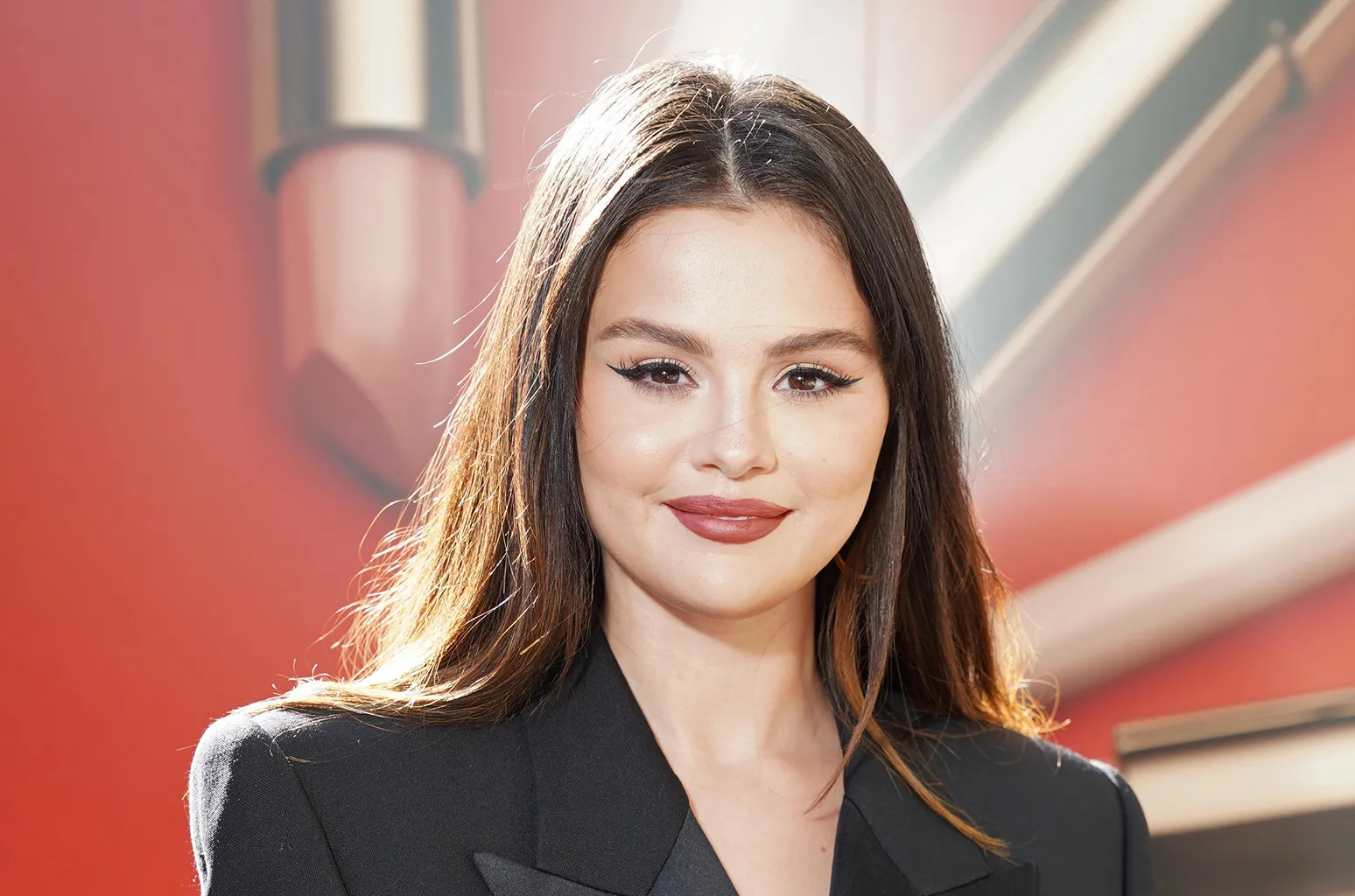Celebrity culture is not new, but the way fame operates today is drastically different from just two decades ago. The old formula—talent, media coverage, and a few public appearances—has been replaced by an environment where fame is both instant and fleeting, and where one misstep can travel across the globe before sunrise.
This new landscape has reshaped how celebrities are discovered, how they maintain relevance, and how they use their platforms for more than just entertainment.
The Shift from Talent-First to Attention-First
In the past, a singer needed years of training, an actor needed a string of successful roles, and an athlete needed a record of consistent victories before earning household recognition. Now, viral moments on social media can launch someone into public consciousness overnight—sometimes before they’ve even honed their craft.
This democratization of fame has opened doors for new kinds of talent but also created challenges. Some individuals find themselves famous before they’re ready for the pressures that come with it. The skill set required now isn’t just performance—it’s media literacy, personal brand management, and resilience under public scrutiny.
Social Media as a Career Accelerator
Platforms like Instagram, TikTok, and YouTube have transformed the entertainment industry. They serve as direct channels between celebrities and their audiences, bypassing traditional gatekeepers like film studios, music labels, and media outlets.
For established figures, this offers a way to control their narrative. For newcomers, it provides a launchpad—provided they can stand out in a saturated environment. But the constant demand for content means that maintaining visibility can become a full-time job, leaving little room for privacy or rest.
The smartest public figures treat their social media like an evolving portfolio, balancing personal glimpses with professional milestones. They engage with fans, but they also set boundaries—something many learn the hard way.
The Pressure of Perfection
Fame today comes with a paradox: celebrities are expected to be relatable yet flawless. One day, fans demand authenticity—photos without makeup, candid moments of struggle. The next day, they expect red carpet perfection and highly polished performances.
This constant push-and-pull can be emotionally taxing. Many celebrities now openly discuss mental health challenges, breaking the long-standing taboo around vulnerability in the entertainment industry. In doing so, they’ve helped shift public perception, showing that behind the glamour are human beings with struggles not unlike anyone else’s.
Activism and Influence
Modern fame often comes with a moral expectation: use your platform for good. Celebrities are increasingly judged not just on their work, but on their willingness to speak out about social, environmental, or political issues.
While some embrace this responsibility, others face backlash for staying silent—or for speaking without full understanding of the topic. The public’s expectation of activism reflects a broader cultural shift, where visibility is equated with influence, and influence with responsibility.
It’s worth noting that this isn’t entirely new—actors, musicians, and athletes have historically used their platforms to advocate for change—but the speed and reach of today’s media magnifies the impact, for better or worse.
Scandals and the Court of Public Opinion
In the pre-digital era, managing a public relations crisis often meant issuing a carefully crafted statement and allowing time for the news cycle to move on. Now, the court of public opinion operates in real time. A controversial clip, an old tweet, or a misunderstood comment can ignite a firestorm within hours.
Some careers have been derailed by such events, while others have rebounded through sincere apology, corrective action, or simply weathering the storm. The deciding factor often comes down to how authentically a celebrity handles the situation and whether their audience believes in their personal growth.
The Business of Being Famous
For many celebrities, fame is no longer just a byproduct of their career—it is the career. Personal branding, endorsements, product lines, and strategic collaborations can generate more income than the work that initially made them famous.
Consider how actors launch skincare brands, musicians release fashion lines, and athletes invest in tech startups. These ventures aren’t just side projects—they’re deliberate moves to diversify income and maintain relevance even when not in the spotlight.
This entrepreneurial shift shows that modern celebrities think like business owners, leveraging their image as a long-term asset.
The Globalization of Fame
Streaming services, global tours, and social platforms have made fame borderless. A South Korean pop group can dominate music charts in the U.S., a Spanish actor can headline Hollywood productions, and a Nigerian filmmaker can build an international fan base without leaving Lagos.
This interconnectedness has enriched global culture but also raised competition. Celebrities must now navigate multiple cultural contexts, adjusting their image and messaging for audiences with different values and expectations.
Staying Power in a Fast-Paced Industry
With trends changing at breakneck speed, staying relevant requires more than talent—it demands adaptability. Some celebrities reinvent themselves repeatedly, shifting between genres, mediums, or public personas. Others maintain a consistent image, betting on the stability of their core audience.
Longevity often comes from a combination of these approaches: enough evolution to avoid stagnation, but enough consistency to retain identity.
The Human Side of Celebrity
It’s easy to forget that celebrities, despite their visibility, are individuals navigating unique pressures. The constant travel, public scrutiny, and loss of anonymity can take a toll. Some retreat entirely from public life after achieving success, while others thrive in the spotlight.
Fans are beginning to value the moments when their favorite figures step back for personal well-being. The conversation around boundaries, mental health, and the right to privacy is slowly changing what it means to be “accessible” as a public figure.
Final Thoughts
Fame today is fluid, unpredictable, and deeply intertwined with technology. The celebrities who endure are those who balance public expectations with personal authenticity, adapt to cultural shifts, and understand that their influence extends far beyond their craft.
In the end, the most successful public figures aren’t just entertainers—they’re storytellers, entrepreneurs, advocates, and cultural participants. And in an age of constant exposure, the ability to navigate the spotlight with both skill and humanity may be the rarest talent of all.


